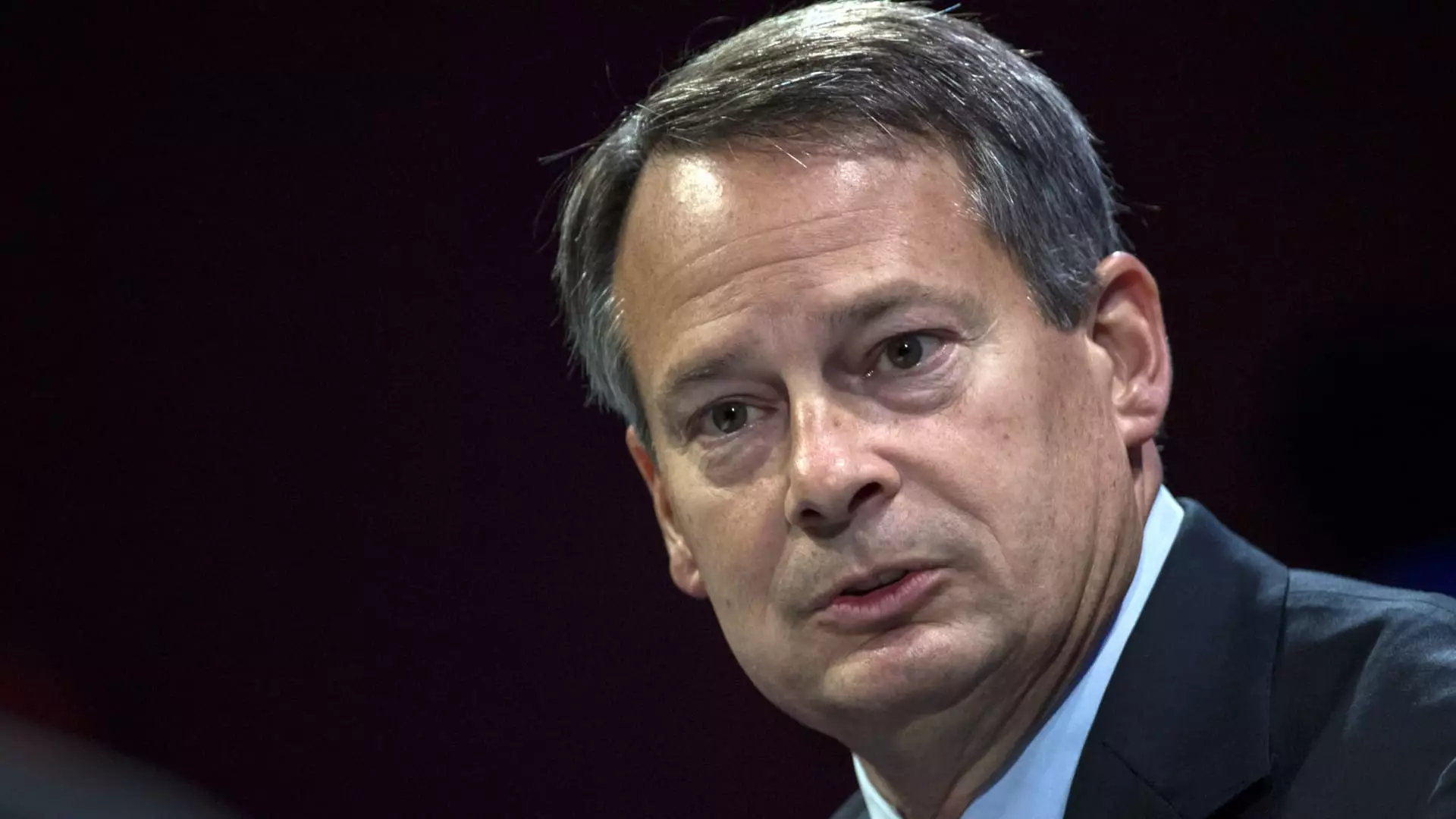The announcement of Walt Bettinger’s retirement as CEO of Charles Schwab marks a significant milestone in the financial services industry. Having led the firm for over 16 years, Bettinger’s departure at the end of December 2024 not only highlights a pivotal shift within the company but also reflects a broader narrative about leadership transitions in longstanding institutions. Bettinger’s retirement aligns with his upcoming 65th birthday, framing it as a personal choice rather than a response to external pressures, and underscores the importance of succession planning in corporate governance.
Rick Wurster, currently President of Charles Schwab and Bettinger’s chosen successor, will step into the CEO role starting January 1, 2025. Bettinger expressed strong confidence in Wurster’s capabilities, noting their collaborative work over the past eight years. This highlights a disciplined and proactive approach to succession planning by the Schwab Board—an essential aspect in ensuring continuity and stability during transitions. Wurster himself has reassured investors and clients that the strategic direction of the company will remain consistent, emphasizing continuity of service and the ongoing commitment to client satisfaction.
Under Bettinger’s stewardship since he took over in 2008, Charles Schwab experienced remarkable growth. Client assets surged from $1.14 trillion to an impressive $9.74 trillion as of the latest reports. Moreover, the number of brokerage accounts skyrocketed from under 10 million to over 43 million—a testament to Schwab’s strategic acquisitions and illuminating its lasting appeal in an increasingly competitive market. The integration of TD Ameritrade in 2020 has played a crucial role in this growth narrative, showing that strategic mergers can significantly enhance market valuation.
Bettinger’s leadership coincided with the recovery from the financial crisis and has resulted in a remarkable 150% increase in Schwab’s stock price. However, the past two years of underperformance against broader market indices raises questions about the company’s adaptability in a rapidly evolving financial environment. Bettinger acknowledged the difficulties he faced when he first became CEO, notably the plummet in stock prices during the financial crisis. His admission reflects an understanding that leadership is often tested against external economic factors beyond one’s control.
As Bettinger transitions into a co-chair role on Schwab’s board, the firm is poised for a new chapter under Wurster’s leadership. This change could stimulate fresh ideas and adaptations necessary for navigating the complexities of modern finance. The industry is facing evolving demographics and technological transformations, compelling leaders to embrace innovative solutions while remaining steadfast to their mission. The challenge will be maintaining Schwab’s legacy of delivering value to clients while also adapting to new market dynamics. As Schwab prepares for this second era under Wurster, stakeholders will be watching closely for signs of how leadership changes can shape not just company trajectory but also the wider financial landscape.

